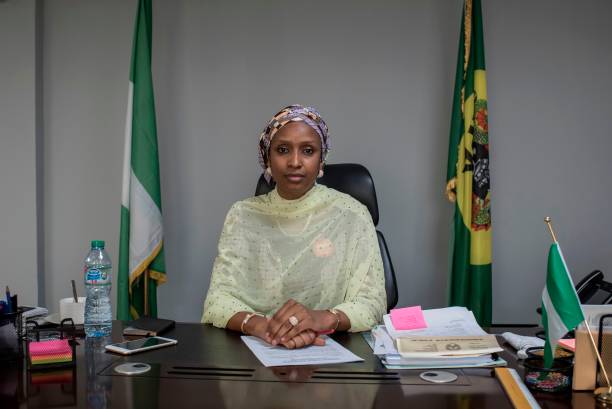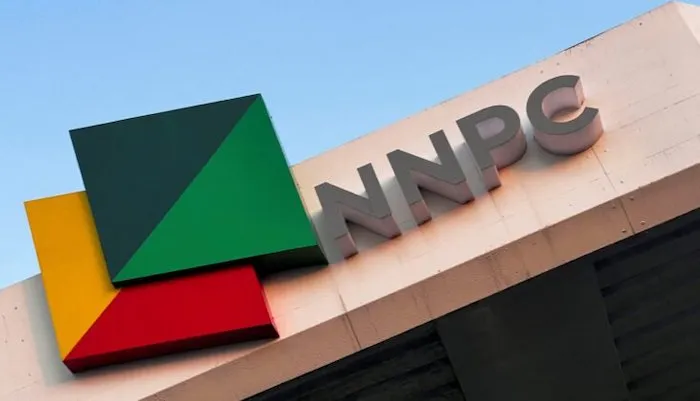Hadiza Bala Usman is not your typical Nigerian public servant. Calm in tone but firm in action, she came into national consciousness as the bold, reform-minded Managing Director of the Nigerian Ports Authority (NPA) who didn’t mind shaking a few tables in the name of accountability.
Born on 2nd January 1976 in Zaria, Kaduna State, Hadiza hails from a distinguished academic and political lineage. Her father, Dr. Yusufu Bala Usman, was a respected historian and left-leaning intellectual. But Hadiza, with her own fire and focus, carved a path far beyond her family name.
Educated at Ahmadu Bello University, where she studied Business Administration, and later at the University of Leeds for her Master’s in Development Studies, she quickly developed a sharp mind for governance, reform and people-focused service delivery.
But it was in 2016 that Hadiza truly made waves — quite literally — when she was appointed the first female Managing Director of the Nigerian Ports Authority. At just 40, she stepped into a role traditionally dominated by older men, and she didn’t just sit behind a desk. She cleaned house.
From insisting on open financial records to pushing digital transparency in port operations, Hadiza became known for something rare in Nigerian bureaucracy: accountability. Under her watch, contracts were reviewed, loopholes were closed, and the revenues of NPA began to look much healthier.
Her approach wasn’t always popular. Powerful interests, long used to milking the ports dry, pushed back. And in 2021, she was controversially suspended — a move that many saw as politically motivated. A probe followed, and though the findings were never made public, public opinion was already split: was this reformer simply too bold for comfort?
Hadiza took it all in stride, keeping her head high and her silence dignified. In 2023, she released a memoir “Stepping on Toes: My Odyssey at the Nigerian Ports Authority” — a powerful, no-holds-barred account of her time at the helm. It read like a thriller but revealed deeper truths about how the Nigerian public sector often fights reformers more than it embraces them.
Today, Hadiza remains a respected voice on governance, institutional reform, and gender inclusion. Her legacy? A public servant who didn’t just serve — she disrupted, she challenged, and she demanded better.
In a system used to silence, Hadiza Bala Usman stood out for speaking up — and backing it with action. Whether you agree with her methods or not, one thing is clear: she left her mark, and Nigeria’s ports — and public service — may never be the same again.





